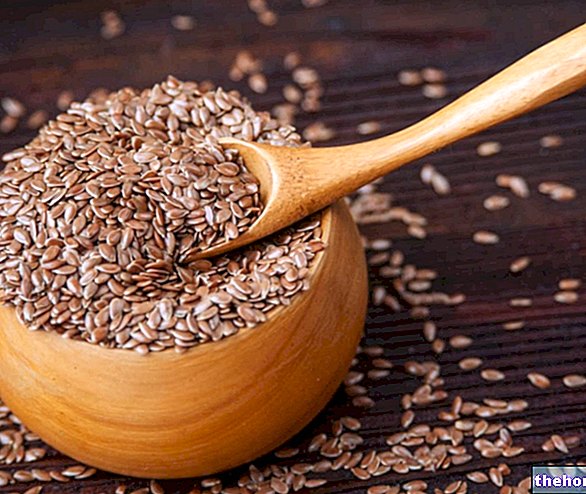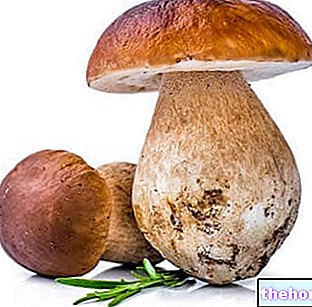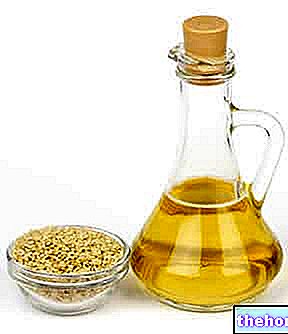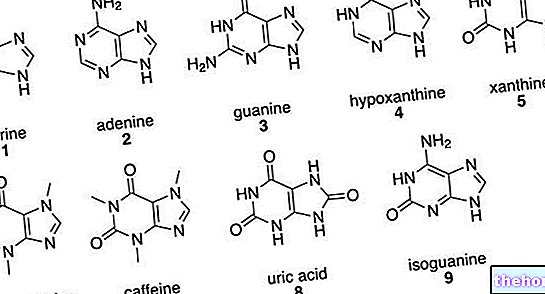Nutritional properties of the yolk
The yolk is rich in unsaturated fatty acids, which counteract the atherogenic power of cholesterol. By regulating the hen's diet, it is possible to further increase the concentration of these essential nutrients; in particular, adding fish and corn oils to the hen's diet causes an increase in the concentration of omega six (linoleic acid), while adding fish oils and in flax, the egg is enriched with omega three (EPA and DHA which are very important fatty acids because they counteract the development of cardiovascular and inflammatory diseases, strengthening the immune system and optimizing physical efficiency).

In the industrial field, the custom of adding selenium to feed to increase the concentration of this powerful antioxidant in eggs is also spreading, a bit like we tried to do with the so-called "selenium potatoes".
Mineral salts: egg yolk is rich in iron, phosphorus and calcium; the sodium content is modest and for this reason eggs can be consumed even when diets low in this mineral are required.
Vitamins: the category of fat-soluble vitamins and that of group B are well represented; in the yolk there is also a "high concentration of carotenoids which give it the typical red / orange color (eggs with a more yellow yolk can indeed indicate a hen fed with corn but, similarly to what happens for farmed salmon, it is possible enhance this characteristic with the simple addition of specific dyes in the feed). The good content of vitamin B12 allows to compensate for the deficiencies of this specific vitamin, typically "animal", induced by the vegetarian diet.
And again ... Vitamin D, essential for bone growth and health, is found in egg yolk in high concentrations, second only to the disgusting cod liver oil.
Vitamins
Egg white
Yolk
Egg
% RDA per 100 grams of egg
Ascorbic acid
0
0
0
0
Equivalent to retinol
0
450
150
19
D.
0
4,5
1,5
30
AND
0
3600
1300
11
Thiamine (B1)
10
250
91
7
Riboflavin (B2)
430
480
447
28
Niacin
90
60
79
5,5
Biotin
7
60
25
50
B6
10
370
138
8
B12
0,1
2,8
1
41
Folic acid
12
140
60
18
Pantothenic acid
250
4500
1700
24
The "egg white"
The egg white is an aqueous solution containing mineral salts, proteins, B vitamins and small traces of glucose. More precisely, the egg white contains:
- proteins: ovalbumin, conalbumin, ooglobulins, ovomucine, avidin (it is an anti-nutritional factor that binds to biotin preventing its absorption, but is easily inactivated by cooking) and lysozyme (it has antibacterial functions).
- Mineral salts: sodium, potassium and magnesium
- Vitamins of group B: B1, B2, PP, pantothenic acid, Biotin, B12
- Glucose: 0.4-0.5%
Other articles on "Egg Properties"
- egg
- eggs: conservation and label




























